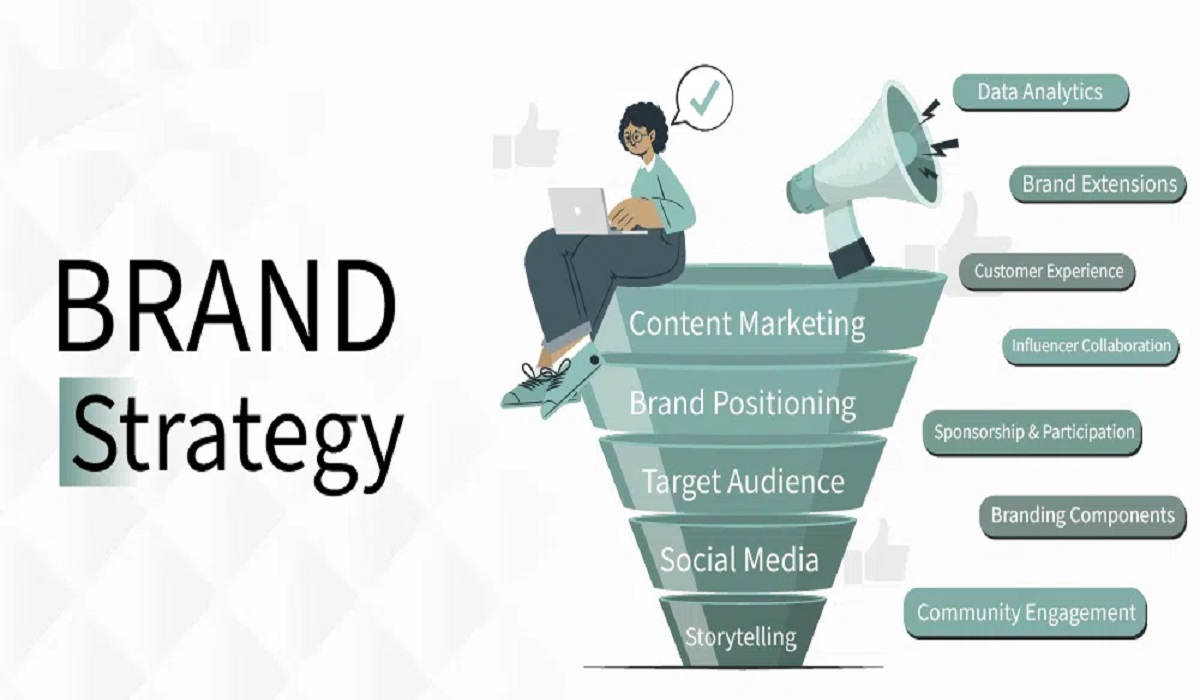Creative agency Mumbai
From the vibrant streets to the towering skyscrapers, the city pulses with energy, fueled by a relentless spirit of innovation. At the heart of this creative hub lie the city’s renowned Creative agency Mumbai, the architects behind some of the most iconic brand identities and campaigns.
The Essence of Creativity in Mumbai agency
Mumbai is not just a city; it’s a melting pot of cultures, ideas, and dreams. This diversity is reflected in the work of its creative agencies, where each project is a canvas for cultural expression and storytelling. Whether it’s revamping a brand’s image or conceptualizing an immersive marketing campaign, these agencies are adept at capturing the essence of Mumbai’s spirit and infusing it into their work.
Driving Innovation Forward
Innovation is the lifeblood of creativity, and Mumbai’s creative agencies are at the forefront of pushing boundaries and challenging norms. Armed with cutting-edge technology and a keen understanding of market trends, these agencies are constantly evolving to stay ahead of the curve. From augmented reality experiences to interactive social media campaigns, they leverage the latest tools and techniques to create impactful and memorable brand experiences.

Collaboration and Co-creation
One of the key ingredients of Mumbai’s creative ecosystem is collaboration. In a city teeming with talent, creative agencies often collaborate with artists, designers, and content creators from diverse backgrounds to bring fresh perspectives to their projects. This culture of co-creation not only fosters innovation but also enriches the creative process, resulting in truly unique and authentic work.
The Human Element
Behind every successful creative project is a team of passionate and dedicated individuals. Mumbai’s creative agencies are home to some of the brightest minds in the industry, each bringing their unique skills and expertise to the table. From seasoned veterans to up-and-coming talents, these agencies prioritize nurturing talent and fostering a culture of creativity and collaboration.
Celebrating Success
From international accolades to local recognition, branding company in mumbai have earned their place in the spotlight. Whether it’s winning prestigious awards or garnering widespread acclaim for their work, these agencies continue to raise the bar for creativity and innovation not just in Mumbai, but on a global scale.
Conclusion
In Mumbai, creativity knows no bounds. From its bustling streets to its sleek boardrooms, the city pulsates with a relentless energy that fuels innovation and ingenuity. At the heart of this creative renaissance lie Mumbai’s creative agencies, the visionary storytellers and brand architects shaping the future of creativity one project at a time. As the city continues to evolve and grow, one thing remains certain – Mumbai will always be a beacon of inspiration for creative minds around the world.
You can follow Brandezza on their Social Media like Instagram or Facebook and many more.










